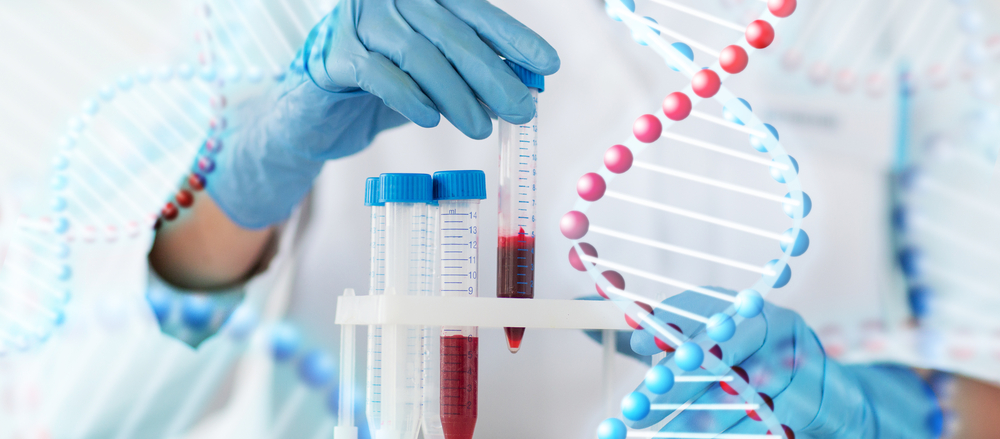TECHNOLOGY / Molecular Biology
Polymerase chain reaction (PCR)

Quantitative Polymerase chain reaction (qPCR)
Quantitative Polymerase chain reaction is based on traditional PCR. This technique allows specific target DNA amplified and detected simultaneously by the incorporation of the fluorescent dyes in the reaction mixture. It is a rapid and sensitive tool for the determination and quantitation of nucleic acid which is commonly used in detecting pathogen, infectious diseases, cancer and genetic abnormalities.
Quantitative Reverse Transcription Polymerase chain reaction (RT-qPCR)
Quantitative Reverse Transcription Polymerase chain reaction is used when the specific target RNA amplified and detected simultaneously. The RNA is first convert into complementary DNA (cDNA) through the use of reverse transcriptase before amplification. It is widely used for the evaluation of the gene expression and viral load.
Automation System
Robotic liquid handling technology in DNA extraction and PCR setup enables rapid, high-precision and standardize testing procedure are conducted.
